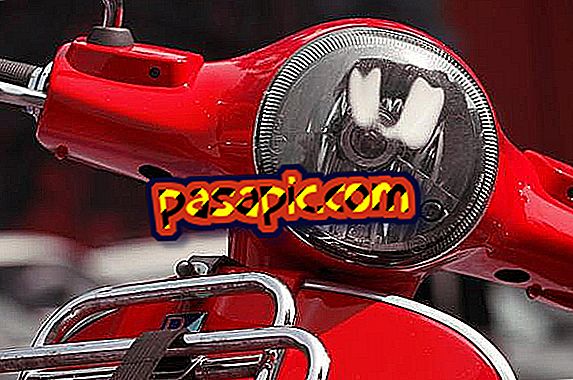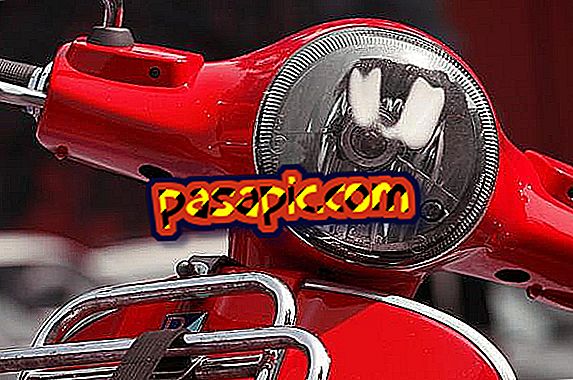Why my cat does not drink water

Cats are famous animals because of their strange attitudes and eccentric behaviors. This, which sometimes supposes a source of laughter and entertainment for the owners, in according to what occasions it becomes a concern, when they have attitudes that can be unfavorable for their health.
Many owners ask themselves: Why does not my cat drink water? In we will give you all the answers, we will explain some of the possible solutions and the complications of your cat continuing with that attitude.
Causes that your cat does not drink water
Anyone who has had a cat will have realized that these animals are a very demanding not everything that concerns food and hygiene. The water issue is not different, so if you wonder why my cat does not drink water you should take into account if your drinker meets -or does not meet- any of the following parameters, very important for which cats:
- In a plastic container : water that is poured into a plastic container can acquire a taste that for some cats can be unpleasant and that leads them to make the decision not to drink water. If you use a plastic container, we recommend replacing it with a stainless steel container or glass, two materials that do not usually cause distrust in the cat.
- Do not change the water : if something characterizes cats is that they are intrepid and that they are distrustful. This character constantly leads them to look for fresh, clean water, so it is necessary to change frequently changing the water in the bowl and adding fresh, new water. There are two actions your cat can do that can help you know if this is the reason you do not drink water. One is your cat pulls the water from the sprue, movement with which you are indicating that that water is not to your liking, the other is if you see him trying to drink from the drops that fall from the bidet or tap, which indicates that he really does that he is thirsty but not of the water of his drinker.
- Incorrectly locating the sprue : Many people wonder why my cat does not want to drink water from the bowl and, after trying countless possibilities, he realizes that what was wrong was the bowl's own location. Cat drinkers should never be next to appliances such as the washing machine, which produces annoying noises for cats, or in places of passage that do not give them the necessary security, nor within the reach of other pets in the house, such as dogs, You can drink from your bowl and get it dirty.

What to do if my cat does not drink water
As a general rule, cats should drink between 50 and 100 Ml / Kg of weight per day. However, depending on other factors such as heat or the amount of wet food you eat, you can increase or decrease that amount.
However, if you have noticed that your cat drinks more than the bill or, on the contrary, barely touches the water, it is necessary to consult with your trusted veterinarian so that he can observe it and rule out any possible disease that may condition it. On the other hand, we explain some recommendations you can follow to get your cat to drink water:
- Motivate the cat, play with it with fresh, clean water, like the tap, so you can drink water.
- In addition to the feed, it is recommended that you give him wet food so that, if he does not drink, at least he hydrates himself through the food.
- Distribute different drinkers throughout the house, in any of them you will feel comfortable to satisfy your thirst.
- The water should be changed at least once a day, although it is better if you can do it more often.
- The installation of cat fountains is a very useful tool for those cats that do not want to drink water, they get fresh and clean water throughout the day and can play with it.
Anyway, we recommend you go to the vet as soon as possible to clarify if there is any disease or physical problem after your cat does not want to drink water.

Complications that my cat does not drink water
Cats that do not drink enough water increase the risk of feline lower urinary tract disease, or FLUTD. This acronym is used to refer to different diseases that affect the urinary tract of cats that are very common among felines.
One of the main causes of FLUTD is dehydration, that is why it is necessary to find a solution as soon as possible and follow the advice we have recommended.


